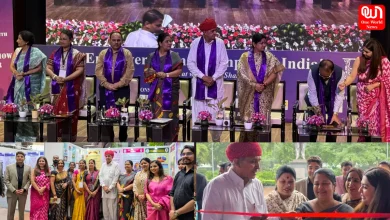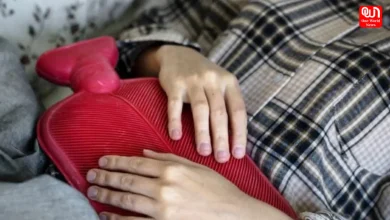Virginity test still haunts Indian women

Women are expected to retain their virginity prior to marriage and continue to be subjected to the patriarchal belief of the Indian society
While the world talks about feminism and breaking stereotypes towards women, there still exists, is a major part of villages in India that beliefs in virginity test. To know if a girl is a virgin or not after marriage is of utmost importance to these communities who have made their own set of rules which evade a woman’s privacy. All the tests are to check if the hymen is intact which is traumatizing and humiliating for the women. Women are expected to embody this “purity”. A “chaste” bride is considered the epitome of traditional values and virtues.
A man from Nashik abandoned his wife after she failed the virginity test. The customs still continue to bind the country and show the reality of villages in the country today. Not just in rural areas and tribal communities, virginity tests are also widespread in urban areas. Click Here to Read Full Report.

For instance, a man in Bengaluru conducted the test on his wife without her knowledge just because she was throwing up post-marriage. A summary of all these cases suggests that women are expected to retain their virginity prior to marriage and continue to be subjected to the patriarchal doctrine of Indian society. The United Nations last year urged all countries to ban the practice of virginity tests. The World Health Organization (WHO) also recommends that virginity tests “should not be conducted under any circumstances”. Read Details Here.
Read More: Cringeworthy: Sexist Indian Ads that Fail to Understand Gender at all
The Kanjarbhats, a denotified tribe from Maharashtra, practice a custom called ‘gun jiti’. According to the custom, a bride’s virginity is tested by looking for bloodstains on a white sheet after the wedding night. The sheet is checked by the family and the groom has to declare before the elders whether the bride is a virgin. Kanjarbhat lore says the custom was established centuries ago during the nomadic days to protect girls from prying eyes. However, the youth activists of the community remain determined to uproot this tradition. For them, a law banning the virginity test would be the perfect tool for them to go forward. Hymenoplasty, or a hymen reconstruction surgery, has now become popular as several women are now undergoing hymenoplasty in private clinics as well as in government hospitals. The cost of conducting a hymen reconstruction ranges between Rs 15,000 and Rs 20,000, whereas in a private clinic the cost can surge up to Rs 75,000. The market promotes hymenoplasty, it is important that the Union government intervenes and prevents women from undergoing such surgeries. In particular, the government needs to enact laws to protect women from becoming a victim of this “taboo”. Coercing women to undergo this test is a direct attack on their basic right to dignity.

The government should take the responsibility to generate awareness on hymen tears. It is important for men to understand premarital sex is not the only reason why hymens break. Nonetheless, a woman’s right to retain her virginity is her right to privacy and confidentiality. And forcing her to undergo surgeries to remain “pure” on her wedding night is an act of violating her privacy.
“Virginity testing” is a violation of the human rights of girls and women, and can be detrimental to women’s and girls’ physical, psychological and social well-being, “Virginity testing” reinforces stereotyped notions of female sexuality and gender inequality; the examination can be painful, humiliating, and traumatic; given that these procedures are unnecessary and potentially harmful, it is unethical for doctors or other health providers to undertake them; such procedures must never be carried out. The state and international bodies should take up the responsibility to break cultural barriers and create campaigns that project women as human beings.
Have a news story, an interesting write-up or simply a suggestion? Write to us at info@oneworldnews.com







